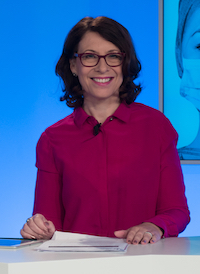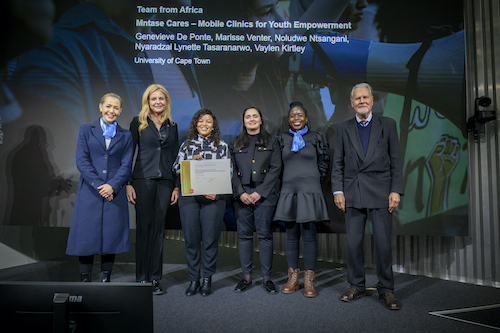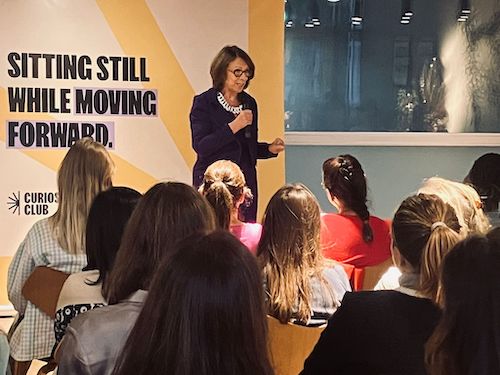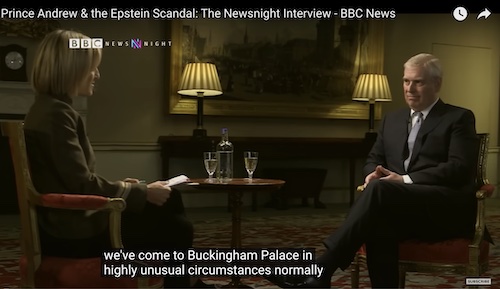
Claire Doole is a former BBC correspondent and international spokeswoman who is passionate about helping people communicate with confidence. Since 2006, she has successfully trained hundreds of professionals in the art of presenting and public speaking, talking to the media, managing communications in a crisis, and writing for the web. In addition, she has coached C-level executives and public figures to give powerful TEDx and TED style talks in Europe and the Middle East. A Swiss and UK national, Claire trains and coaches in French and English.
Claire is also a highly experienced moderator having facilitated panel discussions with government ministers, NGO activists, humanitarians and human rights specialists at major events.



By Claire Doole, www.doolecommunications.com
Pitching to an executive board is high-stakes. After months of hard work developing a project or strategy, you need the board’s buy-in—but securing it is no easy feat.
The room is filled with senior executives who are busy, and their knowledge of your subject might vary widely. Adding to the challenge, there may be up to nine members present—an odd number to avoid voting ties.
I’ve coached many professionals to navigate these make-or-break moments. So, what’s the secret to winning over the board?
Below are some tips and tricks that could help you get the thumbs up for your next pitch.
Preparation prevents poor performance
Advance notice is critical. Boards don’t like surprises. It pays off to informally speak with each member beforehand so that you can write a concept note that you can get signed off.
Make sure you send a PDF of your slides to the board a few days before the pitch so they have time to read it. This means they can absorb the main arguments and prepare some pertinent questions.

By Claire Doole, www.doolecommunications.com

By Claire Doole, www.doolecommunications.com
Latest news
- 1
- 2
- 3
- 4
- 5
- 6
- 7
- 8






